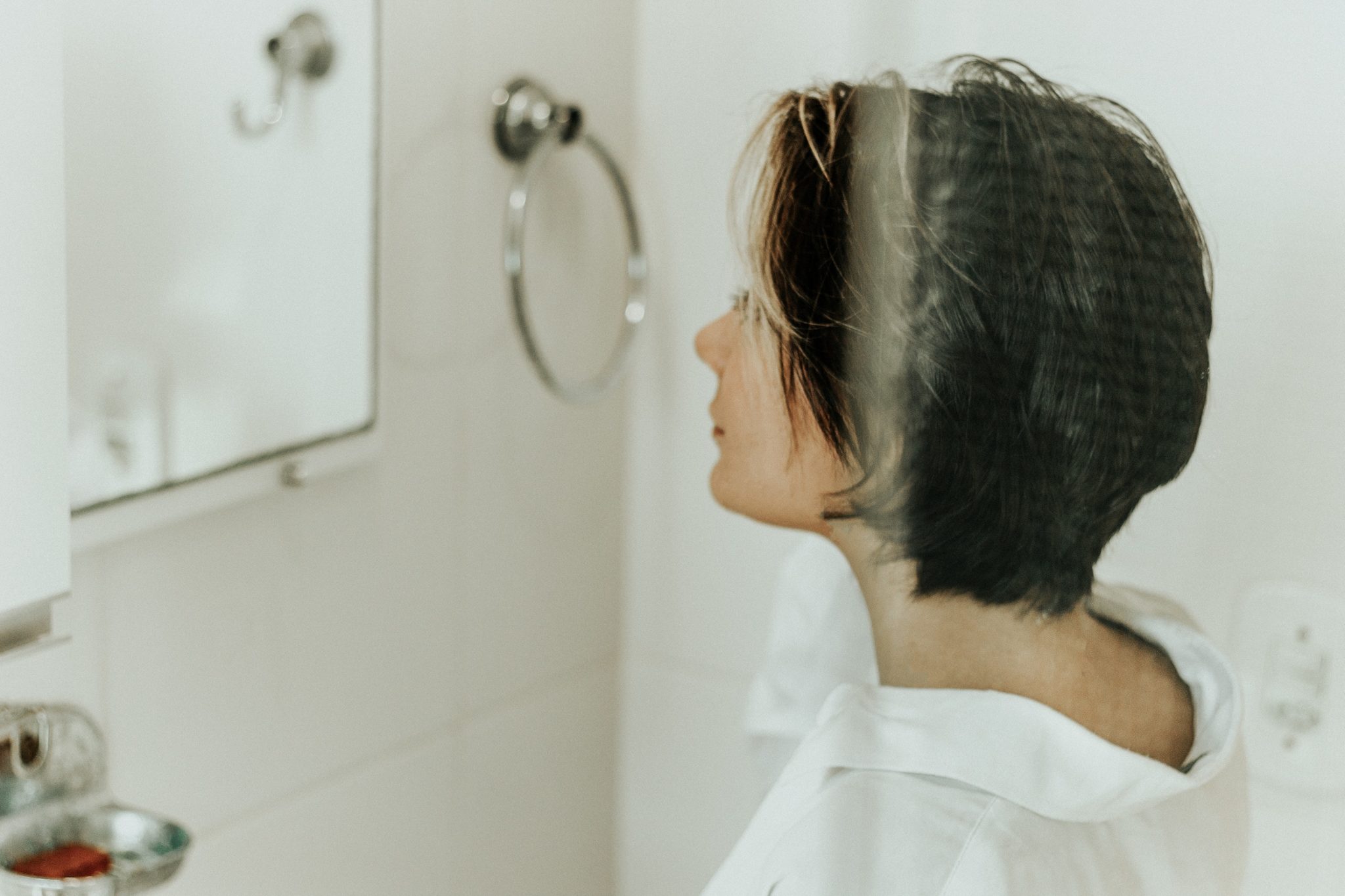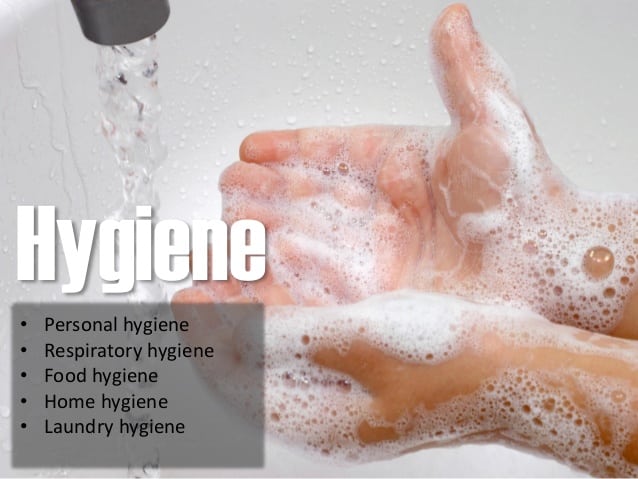A Clean Home Helps You Live Healthier and Longer!
 As a hygiene issue, a clean home is more important to women than men. There also seems to be at tendency that, the higher education men have, the less time they spend on household cleaning. Those with a lower level of education put more value on cleaning and cleanliness in their homes but are generally less concerned about the hygiene problems of other people. Cleaning the body and place where you live has been one of the most fundamental and central parts of human culture.
As a hygiene issue, a clean home is more important to women than men. There also seems to be at tendency that, the higher education men have, the less time they spend on household cleaning. Those with a lower level of education put more value on cleaning and cleanliness in their homes but are generally less concerned about the hygiene problems of other people. Cleaning the body and place where you live has been one of the most fundamental and central parts of human culture.
In some cultures, the borderline has hovered between cosmetic hygiene and hygiene as a health issue. The shower and bath have not always been a matter of course and the differences between countries are still great. Almost half of the Chinese in the survey shower twice a week, while the Mexicans consider the shower to be a key component of personal hygiene. As many as 89 percent shower at least once a day. Changing sanitary conditions also change the attitudes of people towards hygiene.
Public health researchers have noticed, for example, that people in the industrialized world are more sensitive to strong smells. In Russia, China and Mexico, the respondents said that poor hygiene is mainly something that is visible, while people in the other surveyed countries feel that smells are the thing that reveals poor hygiene. There are major differences between the way people value personal hygiene in terms of what they value and how much they value it.
Russian women have to contend with the biggest demands for the attributes of beauty – jewelry, makeup and shaved legs – from those closest to them. The survey also indicated that Russian women value these attributes the most for their well-being. The Mexicans spend the most time on getting ready in the morning, while the Swedes and Chinese seem less particular. In Mexico, 74 percent think that men should wear the scent of cologne, compared with only 24 percent in China. Generally women shower more often than men but Sweden is an interesting exception. In Sweden a few more men than women indicate they shower at least once a day.
How often we shower changes depending on how old we are. In China and the United Kingdom the conditions are quite different comparing to the rest of the countries in the survey. In China the youngest shower far more often than the older. In the United Kingdom it is instead the youngest that shower the least. Showers at least once a day Australia France China Mexico Russia UK Sweden Germany USA 0% 20% 40% 60% 80% 100% Men Women 30 The survey also clearly showed that people in all countries put much value on their personal well-being. As many as 98 percent consider it important to have fresh breath and 86 percent feel it is essential to smell good.
The well-being of people is also something that is increasingly reflecting trends in hygiene products. Development in this area is based on a complete concept in which hygiene, health and well-being are equally important. It is also a question of comfort, ergonomics and design, as well as medical aspects, of course. For example, products are to take all kinds of allergies into consideration. An important issue today – and tomorrow Hygiene concerns us all in different ways. Improved hygiene and sanitary conditions allow people to have dignity, an identity and pride. Good hygiene also reduces the spread of disease in the world and will create better health conditions and stronger social development in the long term.
With increased prosperity, we will have a healthier society that is simpler and more pleasant to live in. The initiative to conduct this survey is part of the responsibility that SCA takes for solving hygiene problems. By addressing important issues and reporting on the findings of this survey, we hope to open up a dialogue on hygiene and sanitation.
What’s To Come
The question for the future is whether there is an upper limit to human life expectancy and, if there is, when it will be reached-in the next decade, some- time during the 21st century, or perhaps even never? Theoretical estimations (Olshansky et al., 1990), how- ever, put the maximum life expectancy from birth at 85 years of age for any population of both men and women. Today, the average for many European populations stands at between 77-79 years. Are Europeans nearing their maximum limit? Only time will tell.
In Summary
It is obvious that many components have been involved in making our lives safer and healthier. This conclusion is by no means new. Hippocrates, stated something similar over 2,000 years ago – in the 5th century BC:
“Positive health requires knowledge of man’s primary constitution and the powers of various foods, both those natural to them and those resulting from human skills. But eating alone is not enough for health. There must be exercise, of which the effects must likewise be known. The combination of these two things makes regimen, when proper attention is given to the seasons of the year, the changes of the winds, the age of the individual and the situation of his home”.
Interestingly, Hippocrates incorporates almost every element that we now consider important for improving health and increasing our chances of longer life – namely, genetic makeup, food availability (both fresh and processed), nutrition, exercise, sanitation and hygiene, the weather and a subtle reference to medicine. As part of sanitation and hygiene make sure to include a healthy routine for home cleaning.
In conclusion, it would appear that, when judged by changes in life expectancy, health in our modern society is improving all the time and is not, as is often suggested, getting worse. Progress in medical care, better living conditions and hygiene, better food supply, improved nutrition and the importance of physical activity can be associated with this development.

